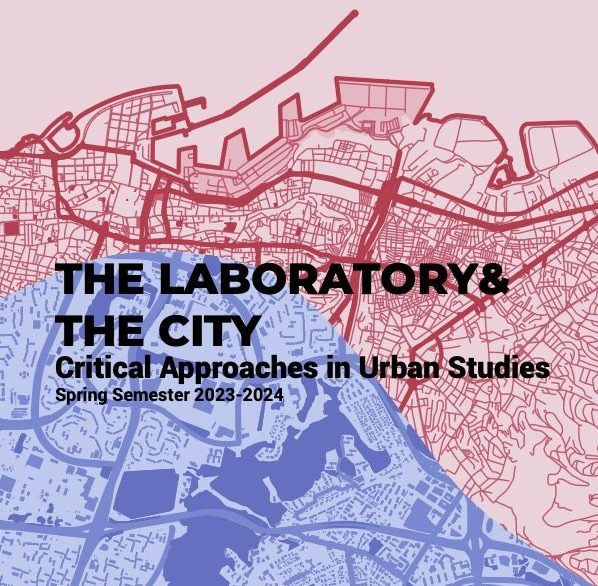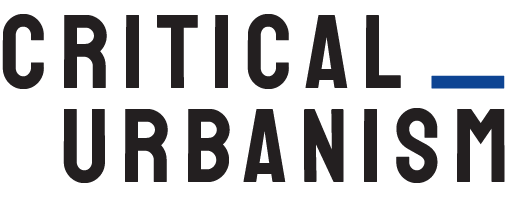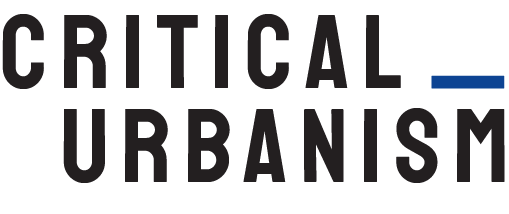
COLLABORATIVE FIELD-BASED PROJECTS
In 2023 and 2024 EHU Laboratory of Critical Urbanism was involved in different academic field-based projects with cross-campus organisational and learning structure.
The Generator OSUN cross-campus course and field school in Lithuania (Visaginas and Vilnius)
The Generator Project was a multi-sited, multi-campus, and multi-disciplinary seminar on energy justice, which culminated in a field school experience in Lithuania. It was envisioned as a response to the ongoing challenges regarding energy generation and distribution, including the creation of sustainable, resilient, and equitable systems. The participants were also encouraged to reflect on their own energy landscapes, while being exposed to different cultural contexts of energy production, to better understand commonalities and differences.
Field School: Central Asian Mining Towns in Focus (Bishkek and Kadji Sai)
The Summer School was co-organized by Social Innovative Lab of Kyrgyzstan (SILK) at the American University of Central Asia, in collaboration with the EHU Laboratory of Critical Urbanism. It was an integral component of the larger postdoctoral research project “Dealing with Uncertainty: Socio-Economic Survival Strategies of Local Population in Mono-Industrial Towns in Kazakhstan and Kyrgyzstan” funded by the Volkswagen Foundation, Germany. The Field Summer School addressed the challenges and opportunities inherent in post-industrial urban environments, with a particular focus on monotowns. These towns, often designed as project cities and centered around a single production chain, have a complex history shaped by industrialization and subsequent economic transitions. From their heyday as symbols of Soviet modernism to their current struggles with economic marginalization and social insecurity, monotowns incorporate the broader narrative of urban change in Central Asia.
Kadji-Sai, Kyrgyzstan. Photo by @stanis_dali
OSUN network collaborative course: The Laboratory and the City – Critical Approaches in Urban Studies (Vilnius and Beirut)
The course explored how cities act as laboratories for social and political change. Over the course of the semester, it dwelled on urban transformations and breaking points in the modern era. Through critical theories and concepts born through situated urban research, it delved into questions of infrastructures and the provisioning of public goods at the intersection of race, gender, and class. Perspectives of the Eastern European city (or Post-Socialist city), Islamic City (or Middle Eastern City) were interrogated to develop a shared vocabulary and toolkit of multi-sited de-centered urban studies. We reflected on changing trends of the so-called Second and Third World urbanization and subsequent topics of emerging prominence. The course was taught in cooperation between the European Humanities University in Vilnius and the American University of Beirut. The class experimented with the formats of research-based narrative, collage, and video documentation from the perspectives of each city.





